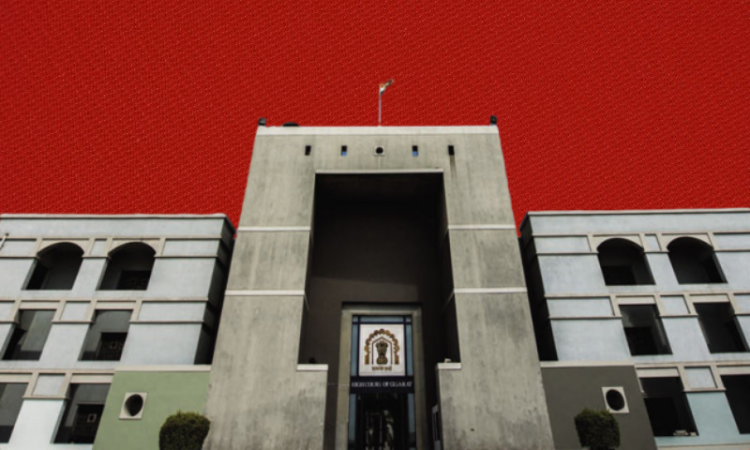The Gujarat High Court last week upheld the dismissal of a magistrate who refused to return to work and subsequently went on unauthorized leave after a letter using “intemperate” language to an administrative judge of the High Court and the Principal District Judge of Vadodara in June 2013A division bench of Justices Biren Vaishnav and Nisha Thakore held, "Viewing the unauthorized absence...

